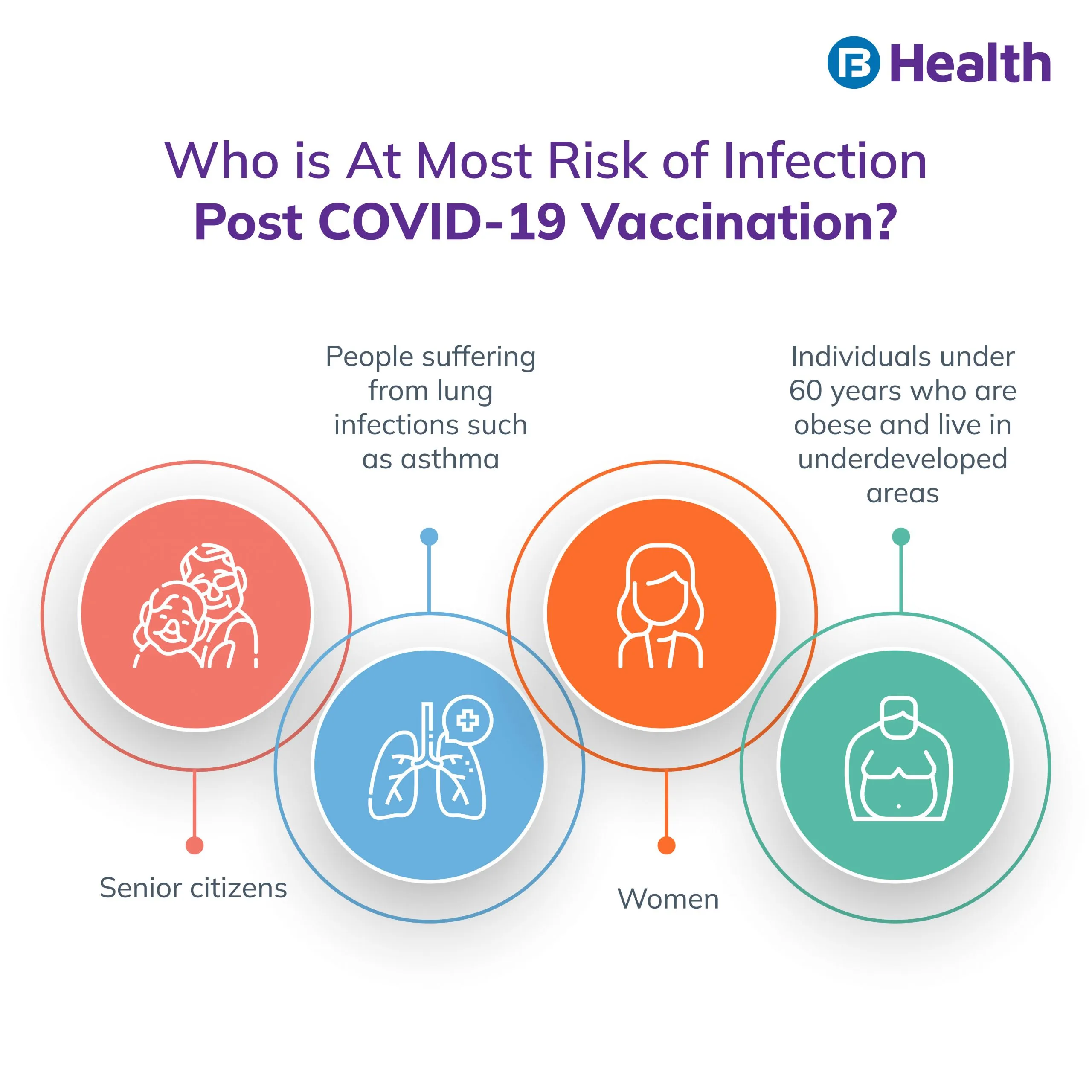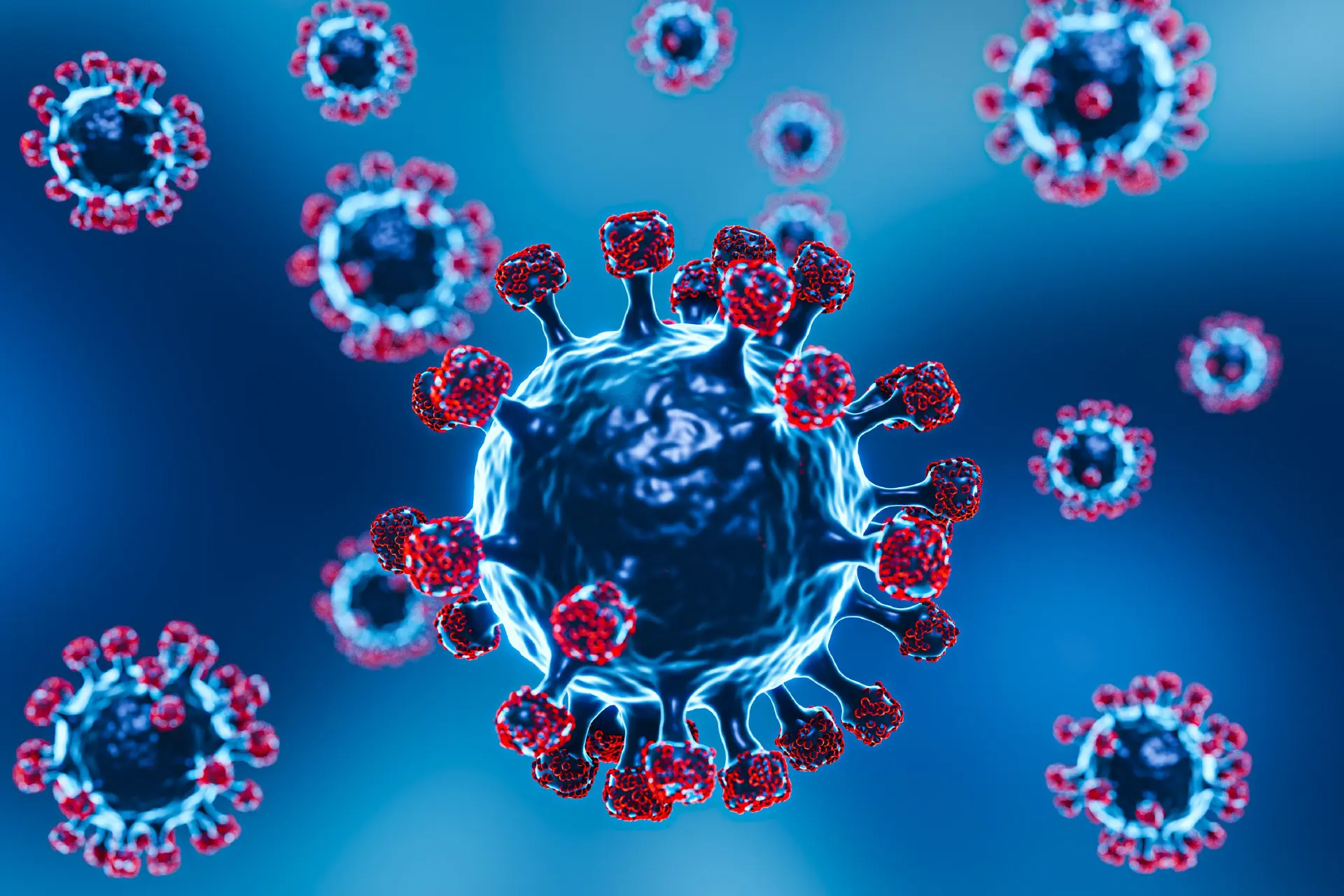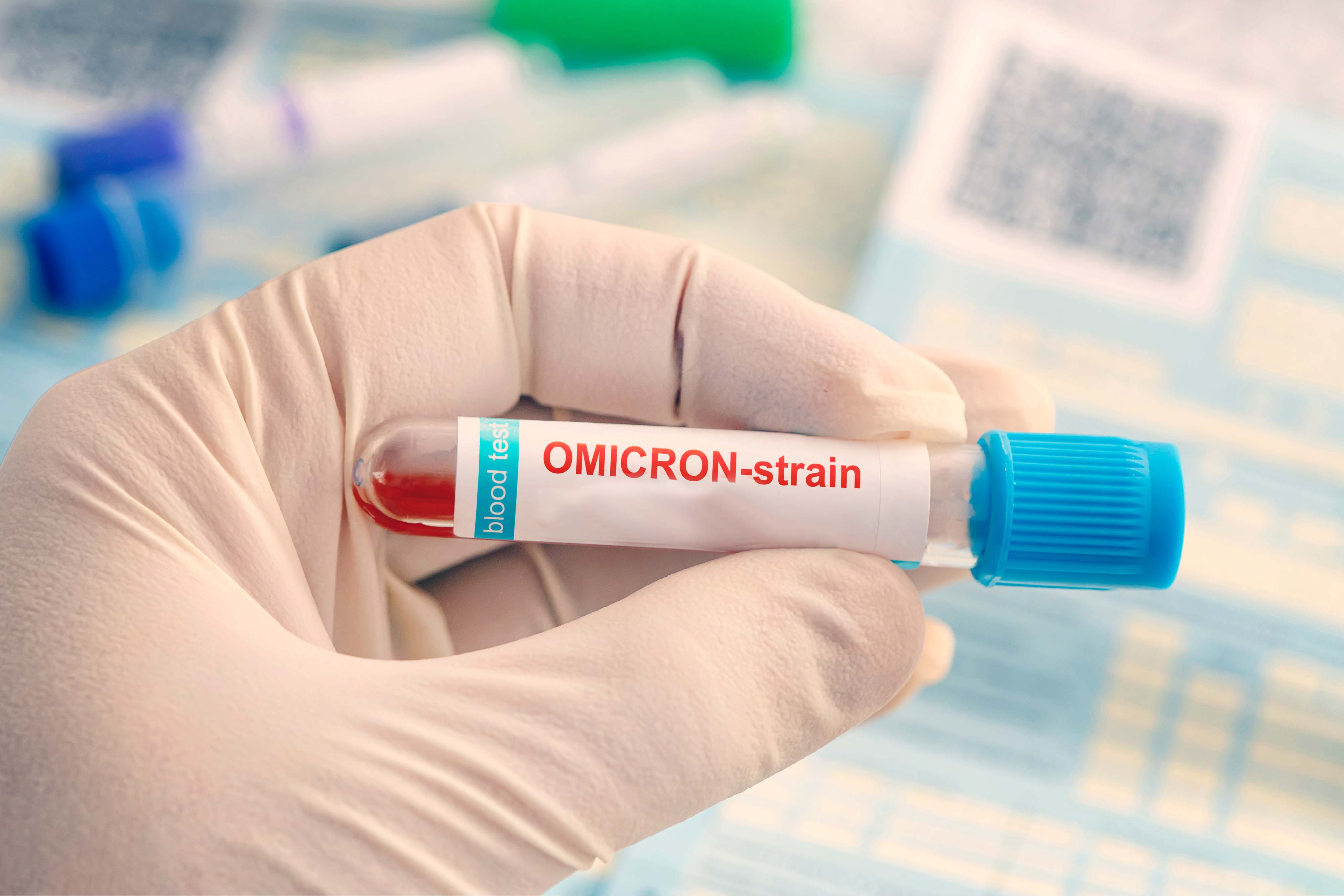Covid | 5 min read
How Long Does COVID Fever Last: 6 Facts You Need to Know
Medically reviewed by
Table of Content
Synopsis
While studying how long does COVID fever last, you will find varying results in infections from different variants. Take a more detailed look into COVID fever duration, COVID recovery time, and more.
Key Takeaways
- Currently, the average COVID fever duration is three days
- COVID recovery time may vary depending on your underlying conditions
- Read on to know how long does COVID fever last and more about COVID
In the history of infections in mammals, fish, reptiles, amphibians as well as invertebrates, fever is one of the most vital immunological responses [1]. The COVID-19 infection is no exception to this. How long does COVID fever last? This question related to COVID fever duration remains pertinent with the advent of new COVID variants. When the Delta variant struck India for the first time, the average COVID recovery time was around 15 days.
However, during the third wave of COVID-19 that spread all over India in January 2022, doctors noticed a noticeable change in the COVID fever duration. It lasted no more than three days, and the overall COVID recovery time came down to one week. It is important to remember that how many days COVID lasts also depends on whether you have existing health issues. Comorbidities such as cancer or other types of conditions in your heart, lungs, kidney, and other major organs can increase COVID fever duration.
Considering that the COVID-19 infection continues to go through phases, it is important to keep a check on how long does covid fever last. It helps understand the active variants better and facilitates timely treatment. Remember that the question,’ how long does COVID fever last’ has no single answer as different variants affect your body in unique ways. With vaccination, you increase your immunity, and the COVID recovery time may become shorter. Read on for detailed insights into how long fever last in coronavirus infections and other important aspects related to it.
How Do Fever And Other Symptoms Differ Among Variants?
When the Delta variant was on the rise, patients with a COVID-19 infection were asymptomatic. Those that showed signs had symptoms such as:
- Fever
- Cough
- Loss of smell and taste
- Runny nose
- Sneezing
- Sore throat
Wondering how long does COVID fever last in Omicron? In case of infection from this variant, COVID fever duration may be up to three days, or you may not get sick at all. The major symptoms of Omicron are as follows:
- Fatigue
- Muscle cramp
- Lower back pain
- Headache
- Night sweats
However, in the case of Omicron, you can be asymptomatic too.
Additional Read: Different COVID-19 Test TypesWhen Do People Infect With Coronavirus Become Highly Contagious?
It is assumed that people infected with COVID are highly contagious in the early stages. Though there are different answers to the question, “how long does COVID fever last?” almost all variants can spread identically. The infection is contagious one to two days before the symptoms appear. Asymptomatic people also infect others with coronavirus [2].
However, you can curb the spread if you follow the isolation guidelines recommended by health authorities and governments. If you test COVID positive, be sure to:
- Keep yourself in home isolation for at least five-seven days
- Consult your doctor if your symptoms disappear within five-seven days before you step out of your home
- Keep your mask on while you go outdoors

How Does The Incubation Period Differ Among Covid-19 Variants?
As per the observations of the World Health Organization, the Delta strain of coronavirus took two days to two weeks to incubate. However, when the Omicron strain appeared, it brought down the incubation phase to around three to five days. That’s how Omicron has made the duration between infection and infectiousness much shorter.
This makes the variant more dangerous as it hardly gives any time to the individual between infection and experiencing flare-ups. As such, there is a high chance of transmitting it to others. The infected person may keep on infecting others through air droplets without knowing about the infection.
Why Is Checking Body Temperature Crucial If You Have Covid-19?
Fever is one of the most common and crucial signs of COVID-19. Having a high fever for a long time can indicate an underlying condition. This can cause further harm to your body. Knowing how long COVID fever last helps understand the variant and the viral load. If it exceeds the normal COVID fever duration of three days, you may need serious care. Doctors may advise you on hospitalization for advanced care.
How Often Should You Check Your Fever If You Have Covid-19?
As there is no specific answer to how long covid fever last, make sure to start checking your temperature every twelve hours after symptoms appear. In case you are tested COVID negative, still, check your temperature regularly and maintain a diary until the fever and other symptoms disappear. Do the same thing in case you don’t have a fever but are COVID positive with other symptoms. It helps doctors to track your health conditions, as they can suggest comprehensive treatment.
Additional Read: Will Herd Immunity Against COVID-19What Is The Ideal Way To Check Your Temperature During Covid-19?
The best way to check the temperature during COVID-19 is by using a digital thermometer orally. For children up to four years, doctors may recommend placing the thermometer in their rectum to measure the temperature.
If you are feverish, stay in isolation until your temperature comes down. Though the usual COVID fever duration is not more than three days, it can continue if you have other underlying conditions. In such cases, make sure to check your temperature and oxygen level from time to time. Consider hospitalization if clinical tests are required. If you opt for home isolation, ensure that you also opt for online doctor consultation for COVID-19 treatment. A prudent choice in this regard can be the Bajaj Finserv Health website or the app, through which you can choose from the best doctors in your locality providing remote consultation. Learn about yoga for COVID patients, the remedy for COVID-19 brain fog, and more, and get your condition remotely monitored.
Also, do follow-up consultations if you have any post-COVID symptoms or to know whether you need to follow any restrictions. With the fourth wave of COVID-19 spreading in India, remember to take your vaccines and booster dose, follow the healthcare guidelines, and put your wellbeing above everything else!
References
- https://www.tandfonline.com/doi/full/10.1080/17476348.2020.1816172
- https://www.health.harvard.edu/diseases-and-conditions/if-youve-been-exposed-to-the-coronavirus
Disclaimer
Please note that this article is solely meant for informational purposes and Bajaj Finserv Health Limited (“BFHL”) does not shoulder any responsibility of the views/advice/information expressed/given by the writer/reviewer/originator. This article should not be considered as a substitute for any medical advice, diagnosis or treatment. Always consult with your trusted physician/qualified healthcare professional to evaluate your medical condition. The above article has been reviewed by a qualified doctor and BFHL is not responsible for any damages for any information or services provided by any third party.






